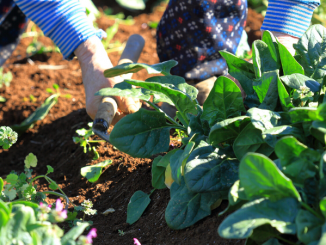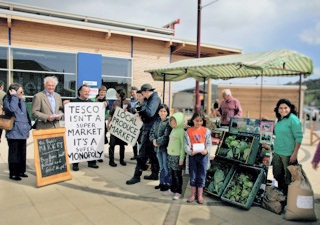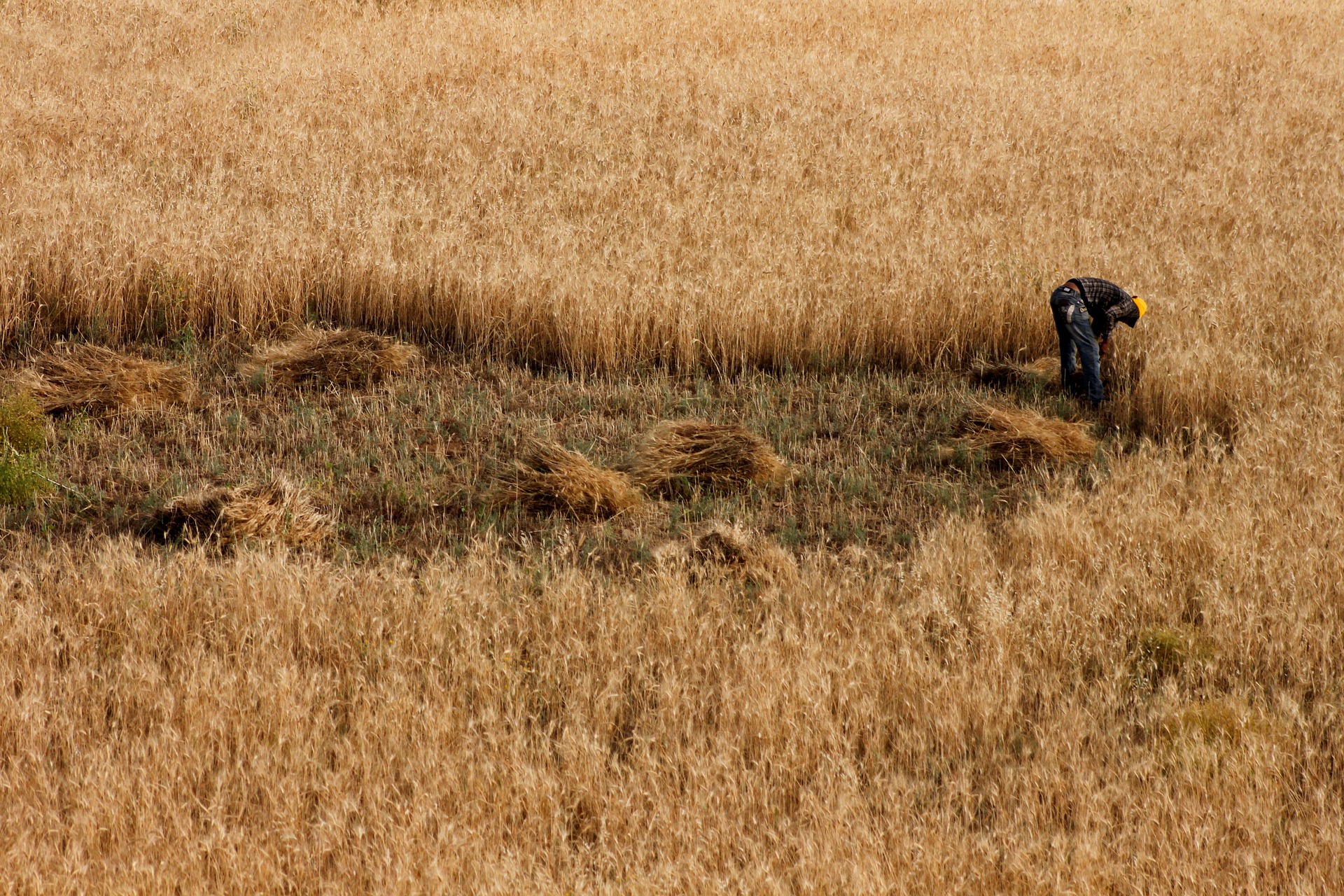
How will border and mobility restrictions as well as the drafting of new trade deals under the current Brexit plan impact UK food and farming? In this final entry, Sharon Treat explores the potential risks of the Brexit deal. Preface this with Part 1 on food safety and labelling and Part 2 on environment and animal welfare protections.
Impacts from border and mobility restrictions
The white paper places trade in services and labor mobility outside the common rulebook. The paper states that nonetheless, “existing workers’ rights enjoyed under EU law will continue to be available in UK law at the day of the withdrawal” and it calls for a “non-regression requirement for domestic labour standards,” so that UK employment laws based on EU law will stay the same post-Brexit – at least initially, (Chapter 1, para 108.e and para 121).
Without providing any details, the white paper commits to a “mobility framework” so that UK and EU citizens can continue to travel to each other’s countries to study and to work — while at the same time, it rejects outright the EU principle of free movement of peoples, (Chapter 1, para 76). Limiting immigration was a motivating factor for many of those voting for the UK to leave the EU, and eliminating the principle of free movement is a UK red line in the Brexit negotiations. How these diametrically opposed concepts can be squared is left unaddressed.

Unsurprisingly, with only 8 months before the UK government expects to exit the EU, farmers and parliamentarians are worried about this lack of detail. Migrant laborers from the EU make up more than 30% of all workers in the manufacture of food products, including jobs such as processing cheese and meat, making baked goods and animal slaughter.
Post-Brexit rules could significantly limit access to labor in the agricultural and food processing sectors, raising questions of at least nearer term profitability for some UK agricultural sectors heavily dependent on EU labor, such as horticulture. The impact of these labor shortages is potentially significant enough to threaten the UK’s food security, especially in the context of a “no-deal” Brexit, according to the UK-based Centre for Food Policy.
The potentially devastating impact on farmers in the absence of detailed planning, unresolved migration policies and the possibility of a “hard” border between Ireland and Northern Ireland was highlighted by members of the Northern Ireland Affairs Committee questioning Minister of State for Agriculture, Fisheries and Food George Eustice. Committee members noted that some Northern Ireland farm operations and agricultural sectors depend on Eastern European migrants for as much as 100 percent of their labor force. Members also raised concerns over the Northern Ireland border dispute, which, if left unresolved, could significantly impact the meat and dairy industries, which since the Good Friday Agreement of 1998, has become highly integrated. According to the Irish dairy industry, 12 percent of Ireland’s raw milk is shipped to Northern Ireland for processing, and 75 percent of the processing facilities in Northern Ireland are fully or jointly owned by Irish cooperatives.

As IATP has reported, despite EU-wide labor standards that are protective of workers’ health and safety, work hours and other terms of employment, there are many abuses even under current law. A subcontracting system employed in the UK in the meat processing industry uses agency-contracted workers to maintain the lowest possible wages and evade many of these protections. While the white paper promises continued protections, details are lacking and the words “labour” and “worker” are mentioned exactly three times each in the 100-plus pages of the plan.
Whether limiting migrants and seasonal workers will lead to higher wages and standards or instead chip away at current protections remains to be seen; other pressures arising from Brexit could make it more likely that protections will be reduced. If food safety standards are weakened, workers will face significant new health and safety risks. For example, expanding approved uses of the chemical peracetic acid, commonly used in the U.S. to remove bacteria from the carcasses of chickens and turkeys, would increase health threats to slaughterhouse workers, including potential damage to workers’ internal organs including the heart, lungs and liver.
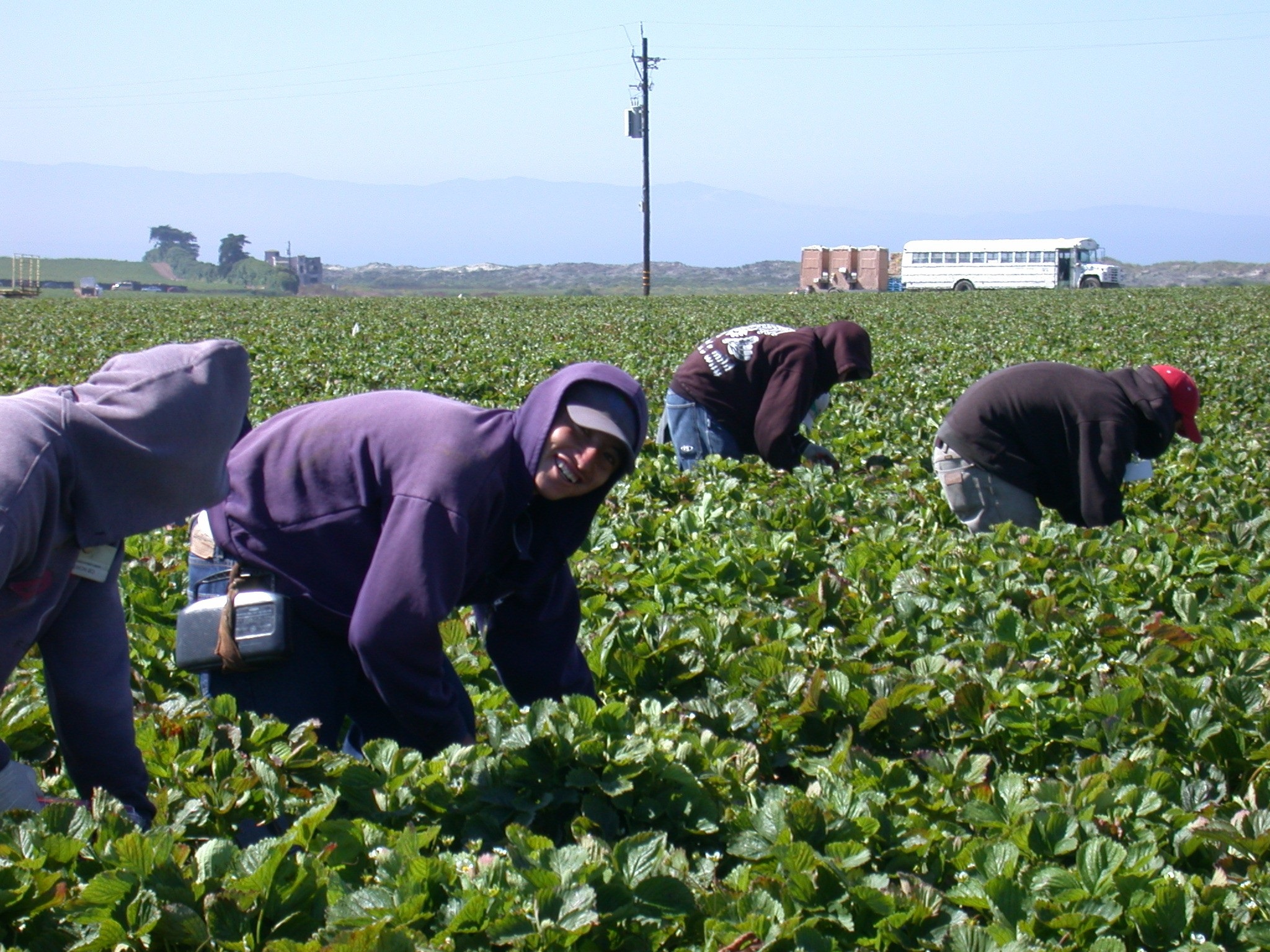
New trade deals pushing lowered standards
The UK is already engaged in extensive discussions with U.S. negotiators preparatory to inking a trade deal, even though formal negotiations may commence only after March 29, 2019. There have been four rounds of pre-negotiation closed-door talks between the countries’ trade personnel covering a wide range of issues including agriculture and “regulatory issues relating to trade.” UK trade minister Liam Fox recently called on the U.S. Trade Representative to promptly notify Congress under the Trade Promotion Act, also known as “Fast Track,” of the intention to engage in bilateral talks with the UK so that official negotiations can commence as soon as allowed by Brexit rules.
The white paper proposes to put such third-party trade agreements outside of the agri-foods common rulebook, thereby posing significant risks to UK and, potentially, EU food standards. These concerns are real. Top U.S. officials, from Commerce Secretary Wilbur Ross to President Donald Trump himself, have repeatedly called for the UK to scrap EU food safety rules as a precondition to a trade deal with the U.S.
In its report Feeding Britain: Food Security After Brexit, the Centre for Food Safety lists many food safety rules it considers at risk due to trade pressures, including bans or restrictions on many practices common in the U.S. These include antimicrobial chemical poultry washes such as peracetic acid, ractopamine in pork, beef hormones, bovine somatotropin (BST) used to boost milk production, genetically engineered food and pesticide residues on produce.
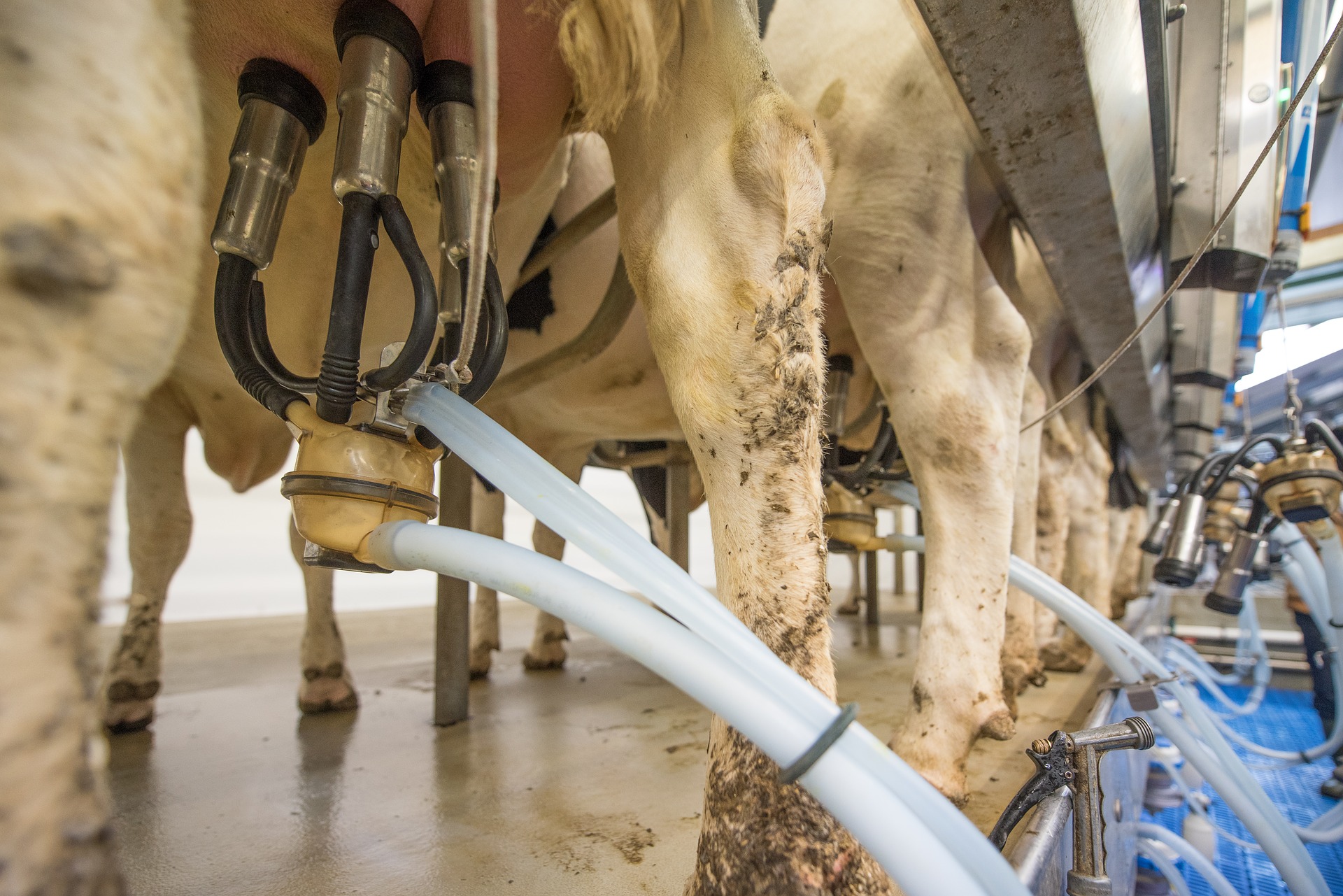
The commitment to a common rulebook with the EU for “relevant” SPS standards does not ameliorate these concerns. As we have discussed, there are huge holes in this commitment, which only applies to the extent needed to avoid checks at the border—an unclear concept apparently intended to limit the scope of the common rules—and explicitly excludes large policy areas integral to food and agricultural standards including labelling, animal welfare and pesticide residue levels. The incompatibility of weak U.S. food standards with EU protections and the inexorable pressure exerted by those weak standards combined with low tariffs favoring industrialized agriculture are well documented.
UK farmers and consumers are right to be worried about a trade deal with the U.S. Moreover, the UK is intent on also cutting deals with other lower-standard countries. Besides the U.S., the UK also wants to join the renamed “Comprehensive and Progressive” Trans Pacific Partnership (CPTPP), which would commit it to corporate-friendly arbitration provisions that have been widely used to limit environmental and public health protections.
The path forward
For many in the U.S., Brexit may seem an obscure concept without relevance to our lives. What Brexit will entail remains undefined, even as the clock is ticking on an exit date less than a year away. Nonetheless, the specifics of the rules agreed to for the withdrawal of the UK from the EU – or the failure to agree on Brexit rules – will have major implications for food and agricultural policy in Europe, the UK and globally.
Agribusiness is positioning itself to take advantage of these changes, and U.S. trade policy continues to be largely shaped by these corporate interests. As information leaks out about the anti-democratic and corporate antecedents of Brexit (including Steve Bannon’s role supporting Brexit and seeking to destabilize the EU, and U.S. agribusiness funding of Brexit advocates) such worries are being validated. A UK with weak food, labor and environmental rules will help industrialized agriculture continue its worldwide expansion. A UK that aligns itself with more protective, if not perfect, EU policies will advance action on climate change, human and animal welfare, and sustainable food production. We all need to pay attention to Brexit.

Sharon Anglin Treat is Senior Attorney at the Institute for Agriculture and Trade Policy. For more than a decade, a major focus of Sharon’s policy work has included international trade agreements and their intersection with environmental, food and public health policy. Sharon first got involved in trade policy as a state legislator In Maine, which in 2004 established the Maine Citizen Trade Policy Commission to advise state and federal policymakers and to provide a forum for both educating the public and receiving feedback on the impacts of trade policy. Sharon has served on the Commission for a number of years, including several as co-chair, and represents the Commission on the Intergovernmental Policy Advisory Committee (IGPAC) to the U.S. Trade Representative. More here.
Post-Brexit Food, Farming and Fair Trade | Food safety and labelling
Post-Brexit Food, Farming and Fair Trade | Environment and Animal Welfare




